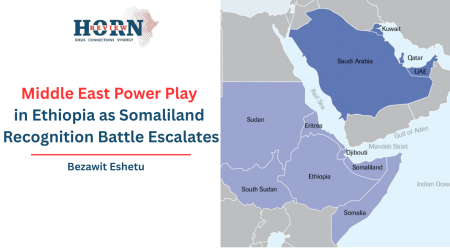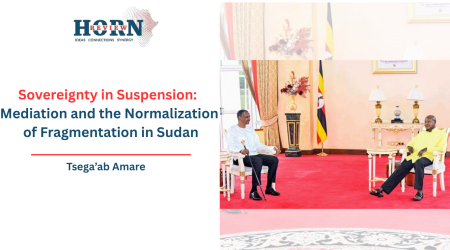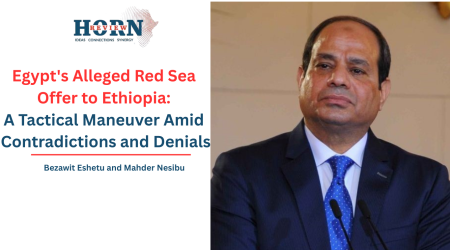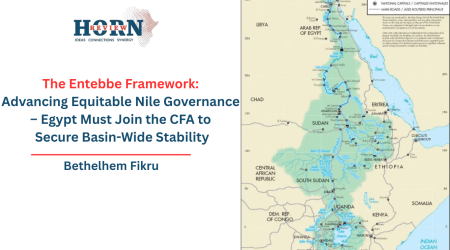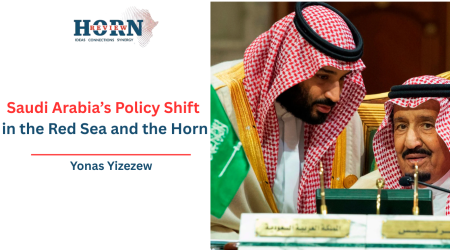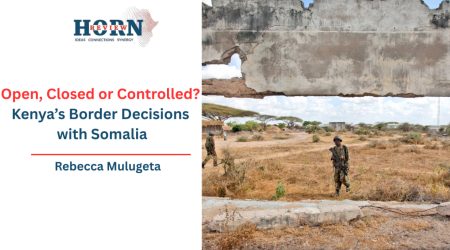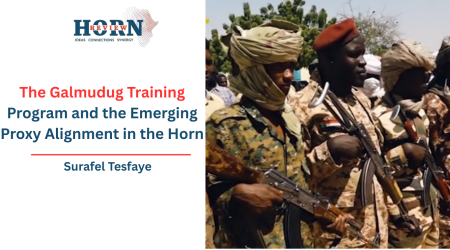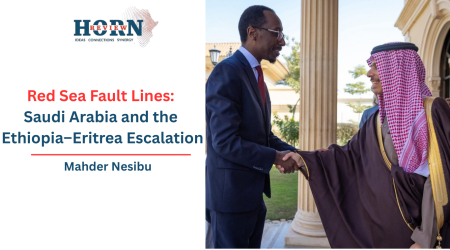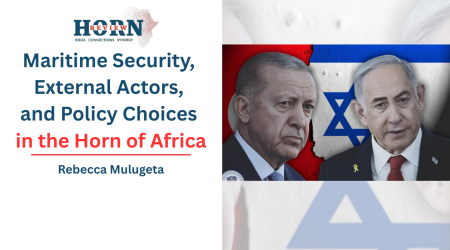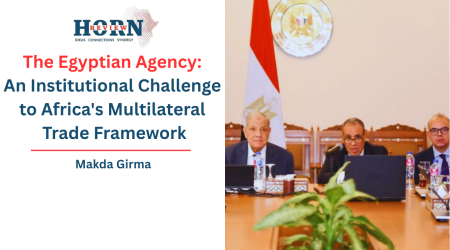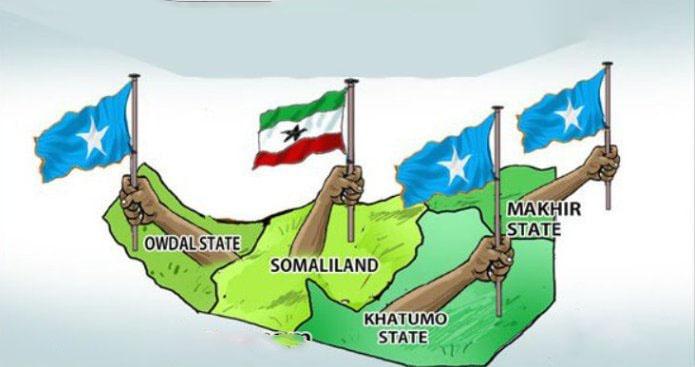
3
Sep
The Sovereignty Cancer : The Unlit Fuse On The Horn Of Africa
The debate surrounding international recognition of Somaliland with diplomatic formalities, representing a critical move in the geopolitics of the Horn of Africa. This self declared republic, which has functioned as a de facto state since 1991, exemplifies a blend of institutional stability and political liminality . While proponents argue that recognition would reward democratic governance and strategic cooperation, dissenting voices caution that such a move could unleash irreversible destabilization across the region. The fundamental question remains that would recognition catalyze a new era of regional stability or aggravate existing issues?
Somaliland’s pursuit of sovereignty challenges the doctrine of territorial integrity, Granting recognition could undermine diplomatic relations with the Federal Government of Somalia, which perceives Somaliland as an inalienable part of its territory . Such an action might alienate key African powers and amplify the influence of rival states such as Turkey and Egypt, both of which maintain strategic interests in a unified Somalia.
The potential backlash extends rather than bilateral tensions, however, as it risks destabilizing clan dynamics that have been carefully negotiated over decades. Clan affiliations transcend arbitrarily drawn borders, and a formal shift in sovereignty could influence inter clan rivalries, fueling violence and political fragmentation.
Moreover, recognition could establish a dangerous precedent for other secessionist movements across Africa, from Western Sahara to Ambazonia. The African Union’s commitment to the inviolability of colonial era borders represents effort to prevent continental fragmentation. Should Somaliland achieve statehood, it could bring other discontented regions, triggering a cascade of sovereignty claims that would overwhelm existing diplomatic and governance structures.
From a strategic standpoint, Somaliland’s location along the Gulf of Aden offers undeniable advantages. Its ports and coastline sit astride critical maritime trade routes, making it a valuable partner in securing Red Sea shipping lanes against Houthi attacks and piracy. The United States, in particular, views Somaliland as a potential counterweight to Chinese expansion in the Horn of Africa, especially given Somaliland’s ties to Taiwan and its rejection of Chinese infrastructure investments.
Nevertheless, these strategic benefits must be weighed against the risk of regional militarization. Ethiopia’ recent memorandum of understanding with Somaliland granting it naval base access in exchange for potential recognition has already provoked fierce opposition from Mogadishu . Should the U.S. formally recognize Somaliland, it could accelerate an arms race in the region, with Somalia turning to its allies for enhanced military support. This would heighten security dilemmas, potentially diverting resources from counterterrorism operations against al Shabaab and Islamic State affiliates .
Economically, recognition would unlock Somaliland’s access to international financial institutions and development funding, enabling more economic growth and regional trade integration. The port of Berbera, already undergoing expansion, could emerge as a commercial place rivaling Djibouti, thereby reducing regional dependence on a single trade corridor.
These economic benefits are contingent upon stability. Should recognition provoke retaliatory measures from Somalia or its allies, trade disruptions and resource competition could follow. Moreover, Somaliland’s economic aspirations are deeply intertwined with its diplomatic standing without broad international recognition, its ability to attract foreign investment remains limited .
Somaliland’s impressive record of democratic governance stands in contrast to the violence of Somalia and many of its neighbors. It has held peaceful elections, facilitated transfers of power, and maintained a functioning government. This has led some scholars to argue that the international community’s refusal to recognize Somaliland represents a failure to reward democratic progress and self determination.
However, this normative argument clashes with the realities of international law and diplomacy. Although Somaliland meets the Montevideo Convention’s criteria for statehood possessing a defined territory, permanent population, and effective government recognition remains a political act, not a legal one . To grant recognition based on democratic merits alone would challenge the foundational norms of state sovereignty and non-interference that underpin the modern international order .
The question of recognizing Somaliland is about the future of stability in the Horn of Africa. Would recognition truly destabilize the region? The answer is complex and contingent on a multitude of factors, including the reactions of neighbouring states, the resilience of Somaliland’s institutions, and the willingness of international actors to mitigate fallout.
If destabilization occurs, the consequences could be severe heightened clan violence, increased great power rivalry, and a potential surge in terrorism. Alliances would be reconfigured, with Somalia seeking support from Turkey and Egypt, while Somaliland aligns with the U.S., Ethiopia, and the UAE . The African Union would face a critical test of its authority and cohesion.
In the end, the international community must carefully consider whether the potential benefits of recognition outweigh the risks. Whatever the decision, the repercussions will be felt for generations.
By Samiya Mohammed, Researcher, Horn Review
References
- Adam, H. M. (1994). Formation and recognition of new states: Somaliland in contrast to Eritrea. Review of African Political Economy, https://doi.org/10.1080/03056249408704034
- African Union. (2005). Report of the African Union fact-finding mission to Somaliland. African Union Commission. https://www.au.int/en/documents/20051001/report-african-union-fact-finding-mission-somaliland
- Bradbury, M. (2008). Becoming Somaliland. Indiana University Press. https://www.iupress.indiana.edu/product/becoming-somaliland/
- Eubank, N. (2012). The political economy of Somaliland’s quest for recognition. Journal of Modern African Studies, . https://doi.org/10.1017/S0022278X12000549
- International Crisis Group. (2020). Somaliland: The case for recognition. Africa Report No. 280. https://www.crisisgroup.org/africa/horn-africa/somaliland/280-somaliland-case-recognition
- Kaplan, S. (2008). The remarkable story of Somaliland. Journal of Democracy, https://doi.org/10.1353/jod.0.0016
- Pegg, S., & Walls, M. (2018). Backing unrecognised states: The case of Somaliland. Third World Quarterly,. https://doi.org/10.1080/01436597.2017.1394792
- Reuters. (2024, January 15). Ethiopia-Somaliland deal sparks tensions in Horn of Africa. https://www.reuters.com/world/africa/ethiopia-somaliland-deal-sparks-tensions-horn-africa-2024-01-15/
- Shinn, D. H. (2023). China’s growing influence in the Horn of Africa: Implications for Somaliland. Foreign Policy Research Institute. https://www.fpri.org/article/2023/05/chinas-growing-influence-in-the-horn-of-africa-implications-for-somaliland/
- United Nations Security Council. (2022). Report on the situation in Somalia and Somaliland. UN Document S/2022/123. https://www.un.org/securitycouncil/content/situation-somalia

